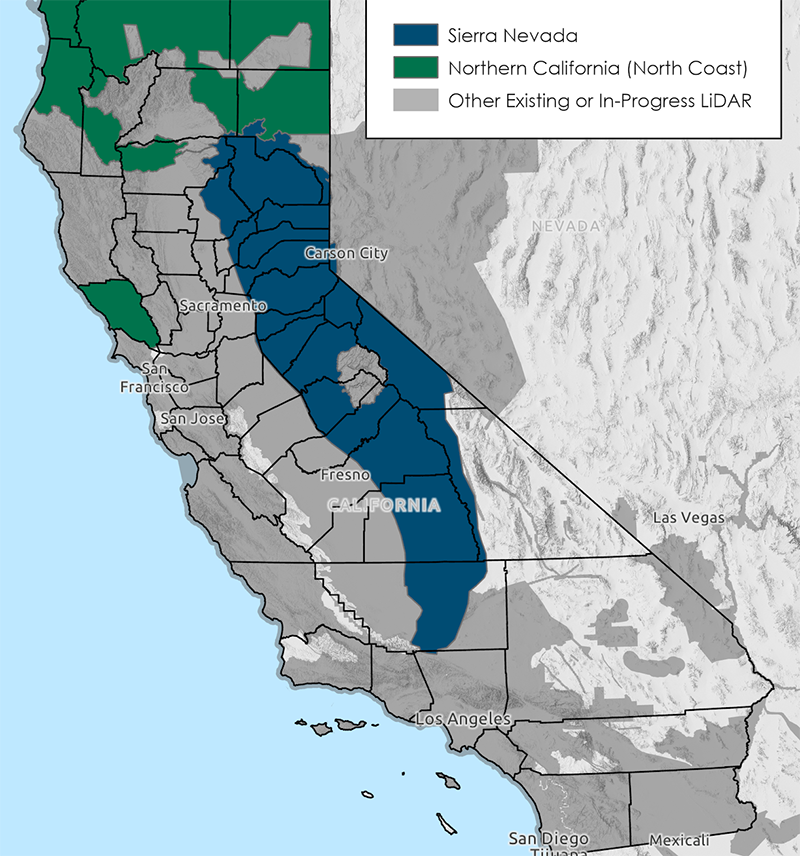USFS Pacific Southwest Research Station Brief #3: Timing of Fire Study
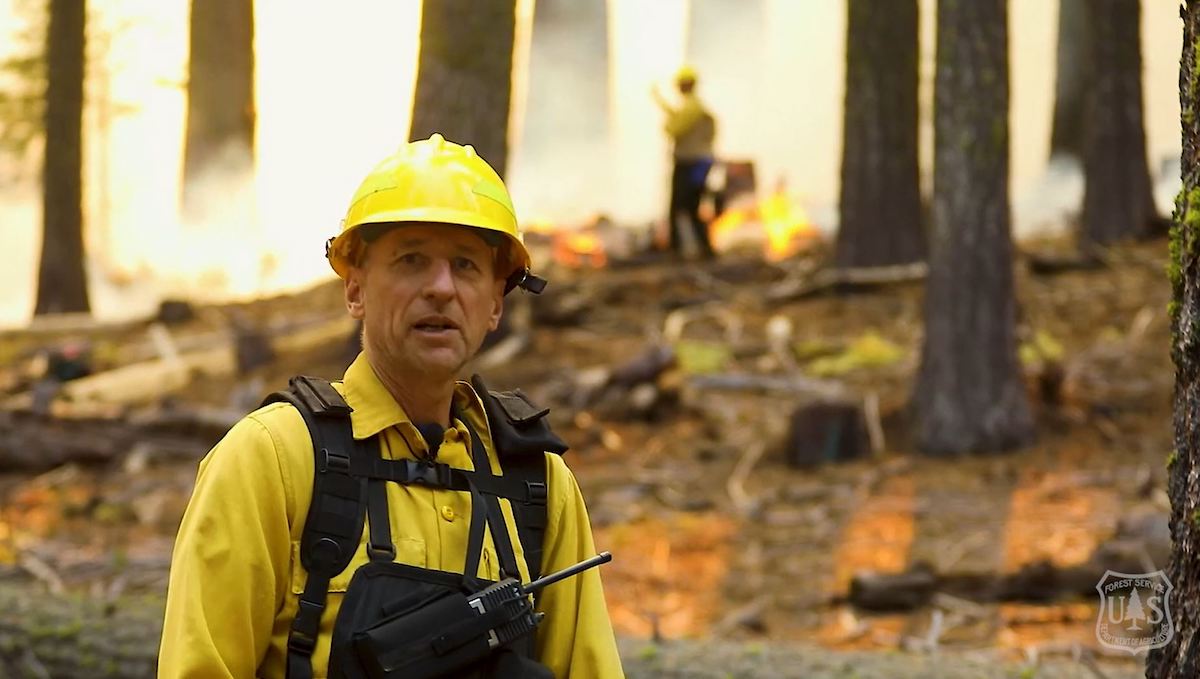
USFS Pacific Southwest Research Station Brief #3:
Timing of Fire Study
Wildland firefighters from the Stanislaus National Forest and researchers from Pacific Southwest Research Station conducted a 21-acre prescribed burn on the Tuolumne Experimental Forest on October 29-30, 2022. The prescribed burn was a part of a Timing of Fire Study allowing researchers to compare how seasonal conditions affect the outcomes of prescribed fire. This video shows how we study the effects of prescribed fire and what we can learn.
RESOURCES
USFS Pacific Southwest Research Station Brief #2: How demographics and funding impact wildfire resilience.
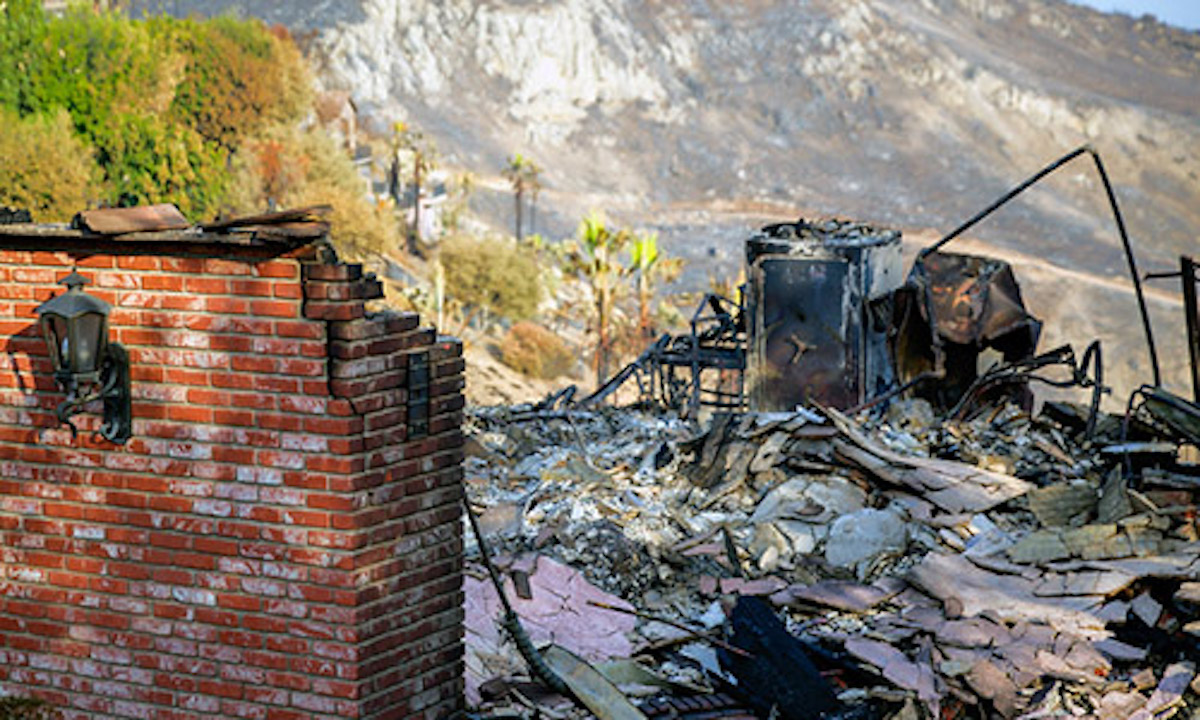
USFS Pacific Southwest Research Station Brief #2:
Homeowners willingness to pay to reduce wildfire risk in wildland urban interface areas: Implications for targeting financial incentives.
Pacific Southwest Research Station scientists have found that demographics and funding impact wildfire resilience. To help bridge the gap, the U.S. Forest Service has launched a Community Wildfire Defense Grant program by the Bipartisan Infrastructure Law to help the communities most at risk.
RESOURCES
Science Direct: Homeowners willingness to pay to reduce wildfire risk in woodland urban interface areas
USFS Pacific Southwest Research Station Brief #1: Beneath the Surface: The Hydrology of Hidden Forests Systems
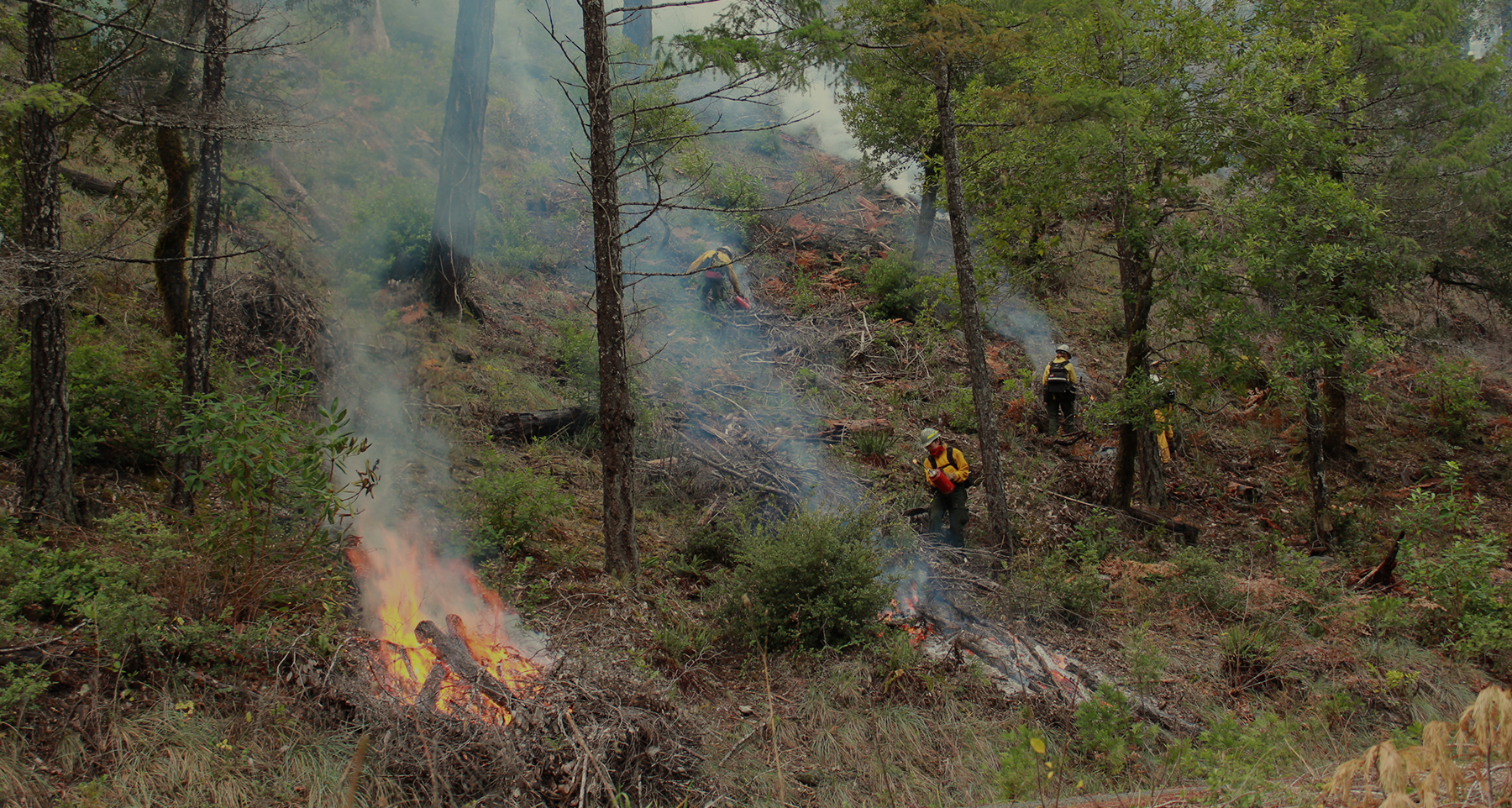
USFS Pacific Southwest Research Station Brief #1:
Beneath the Surface: The Hydrology of Hidden Forests Systems
Pacific Southwest Research Station hydrologists are looking at underlying bedrock in the Kings River Experimental Watershed to better understand the relationship between drought and water use in trees.
RESOURCES
Nature.com: Widespread Woody Plant Use of Water Stored in Bedrock
PSW Research Station: Kings River Experimental Watersheds
UCANR Publishes Report on Small Forest Landowners

UCANR Publishes Report on California’s Small Forest Landowners
Representing 22% of California’s timberland, private owners of forested lands play an important role in landscape resilience and reducing wildfire risk. And yet, they remain one of the most challenging groups to reach with consistent messaging and education on how to manage and protect their forests.
A new report, recently released by the University of California Agriculture and Natural Resources (UCANR) provides important learning about forest landowners, their goals, the actions they have taken to date, and the obstacles they face in effectively managing their land.
The report is a compilation of information gathered from forest landowners participating in the Forest Stewardship Education Initiative, a landowner educational effort launched by UCANR and funded by CAL FIRE. The initiative helps landowners better understand, manage and protect their forests by developing a management plan, implementing vegetation management projects, engaging with natural resource professionals, and taking advantage of cost-share opportunities that can help them meet their management goals.
This report represents an important step in meeting the needs of forest landowners, and it implements a recommendation by the Small Landowner Assistance Working Group of the California Wildfire and Forest Resilience Task Force.
NCRP Requests Input on its "Vision for North Coast Resilience"
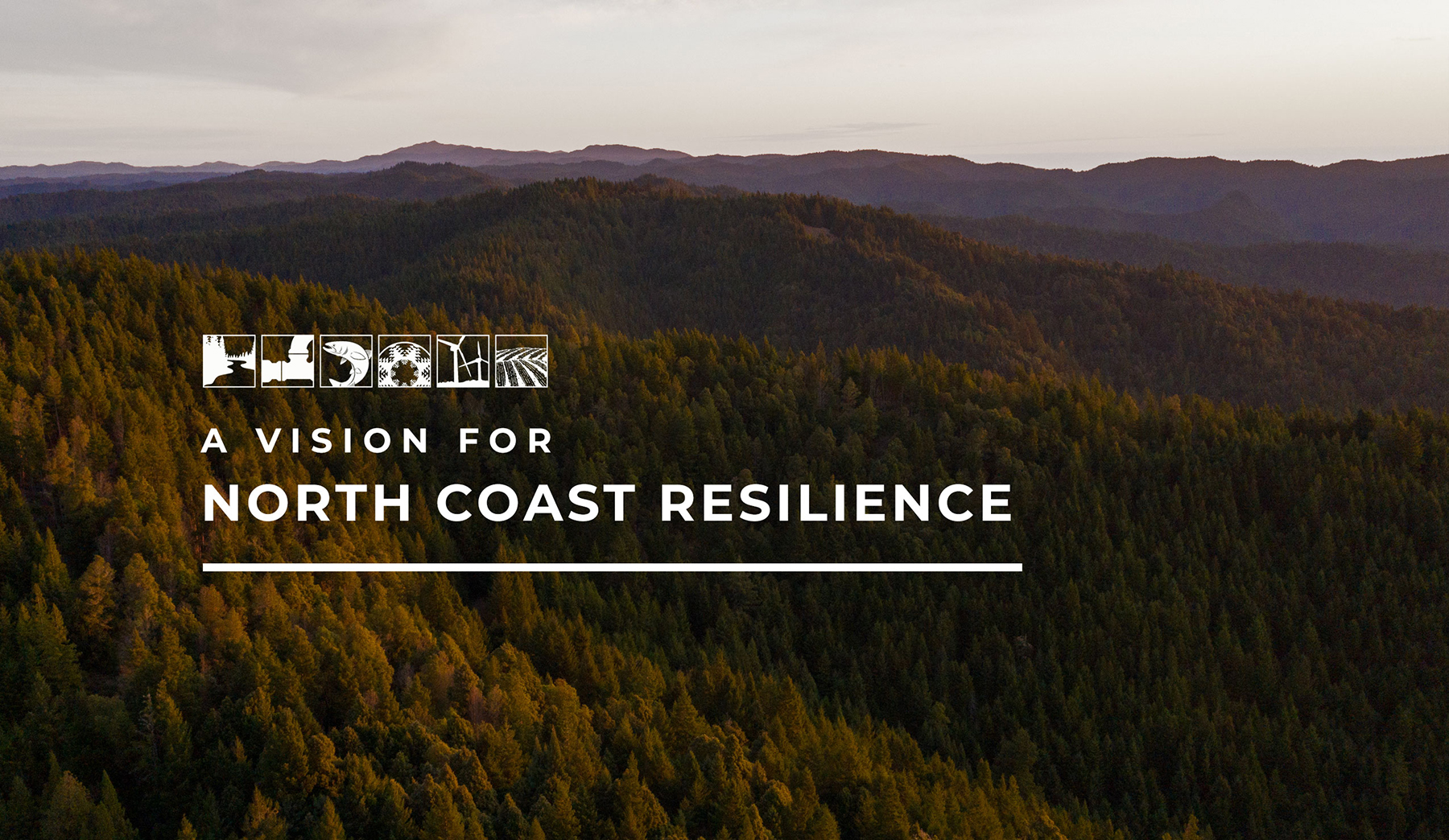
NCRP Requests Input on its "Vision for North Coast Resilience"
The North Coast Resource Partnership (NCRP) has released a draft plan entitled “A Vision for North Coast Resilience: Priorities for Enhancing Watershed, Forest and Community Resilience in the North Coast Region.” The draft was informed by hundreds of partners and technical experts in the North Coast Region and beyond and aligns with and is guided by the objectives of the Task Force, as well as an array of Tribal, state and federal priorities for community and landscape resilience. NCRP is requesting input and comments through 11/21. The final plan will be considered for approval at NRCP’s Leadership Council meeting on 12/9.
California Reforestation Pipeline Partnership Aims to Address Key Reforestation Challenges
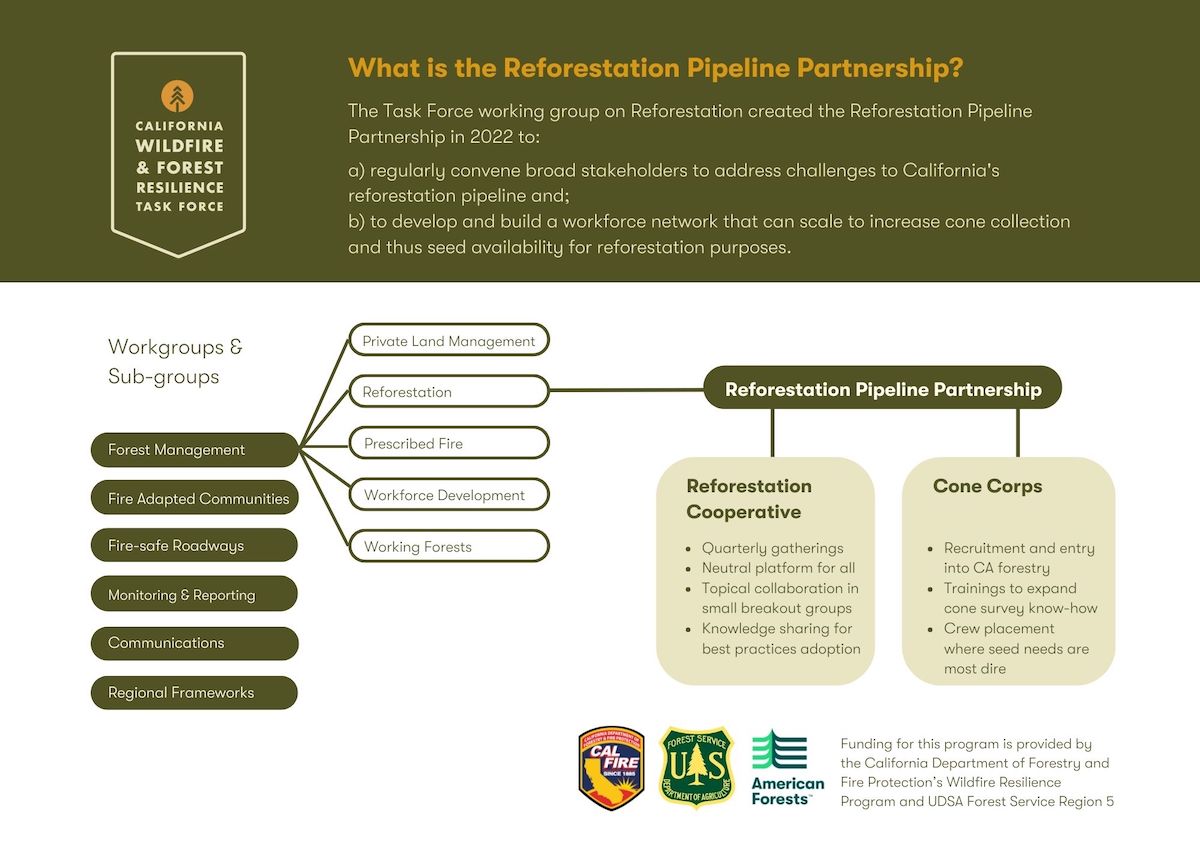
California Reforestation Pipeline Partnership Aims to Address Key Reforestation Challenges
The California Reforestation Pipeline Partnership (RPP) is a strategic collaboration to help address challenges related to the scale of post-burn reforestation opportunities on public and private lands between the U.S. Forest Service Region 5, the California Department of Forestry and Fire Protection (CAL FIRE) and the non-profit conservation organization American Forests.
The RPP Cooperative is a new effort of the RPP to increase public-private cooperation on the supply chain that enables reforestation, and is set to kickoff Friday, November 4 in Sacramento with a gathering of top land management officials and forestry professionals.
The need for the RPP emerged from Governor Gavin Newsom’s California Wildfire and Forests Resilience Task Force Reforestation Strategy Working Group, and through a national study, “Challenges to the Reforestation Pipeline in the United States,” which uncovered knowledge and structural gaps that need to be resolved in order to implement solutions at scale across public and private lands.
Synthesis Report: Wildfire Crisis Strategy Roundtable
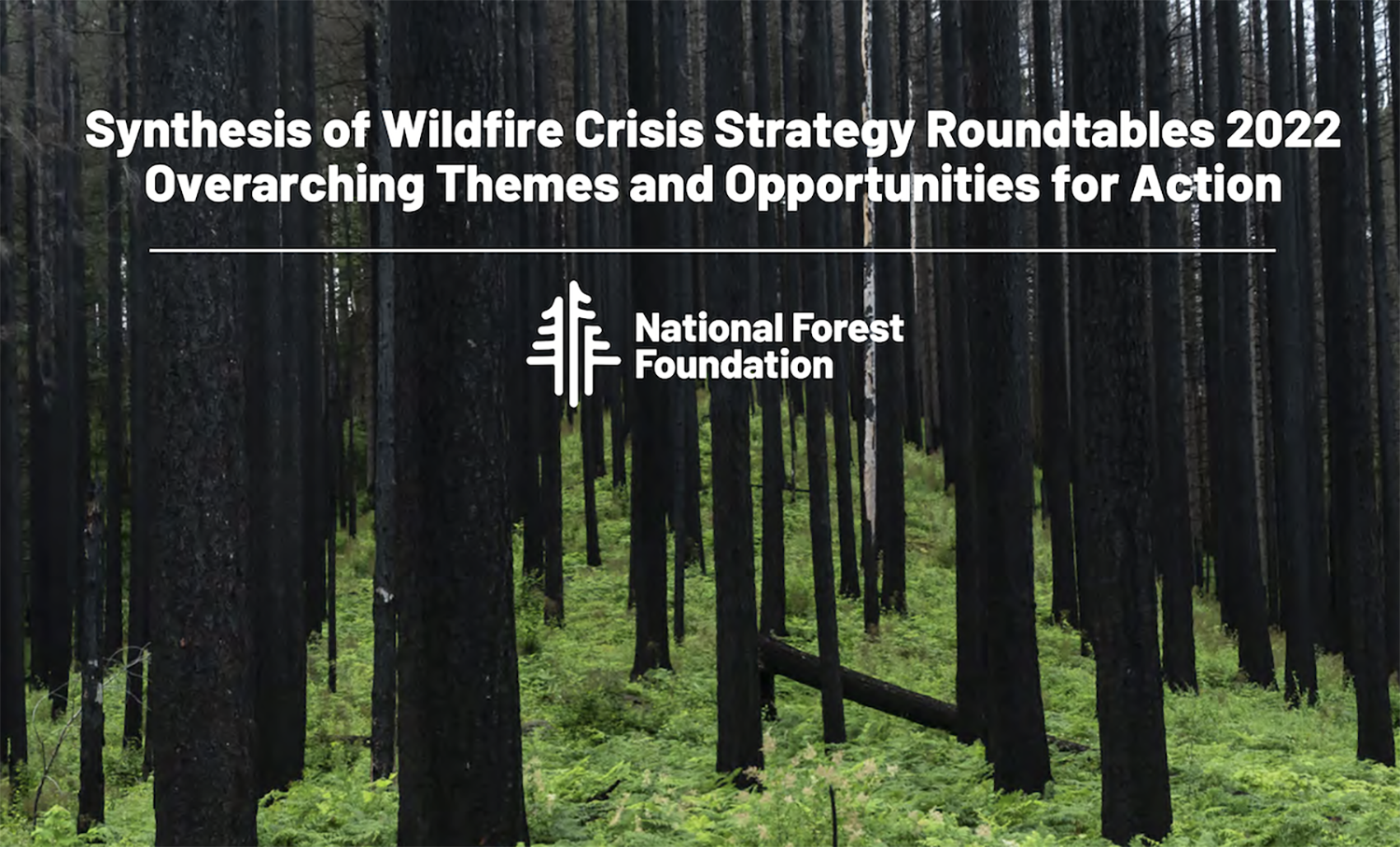
Synthesis Report: Wildfire Crisis Strategy Roundtable
In spring of 2022, the National Forest Foundation (NFF), together with the USFS, hosted a series of virtual ten roundtables for employees and partners of the agency to gather input on the USFS’s Confronting the Wildfire Crisis Strategy and associated Implementation Plan. NFF has published a report synthesizing key themes and opportunities for action that emerged from the roundtables.
The NFF will host a webinar on Monday, November 14, 2-3:30 p.m. EST, to share more information about the report, discuss next steps, and provide an opportunity for Q&A with Forest Service leadership.
RESOURCES
National Forest Foundation Roundtables
The 2021 Caldor Fire: One Year Later Video Series
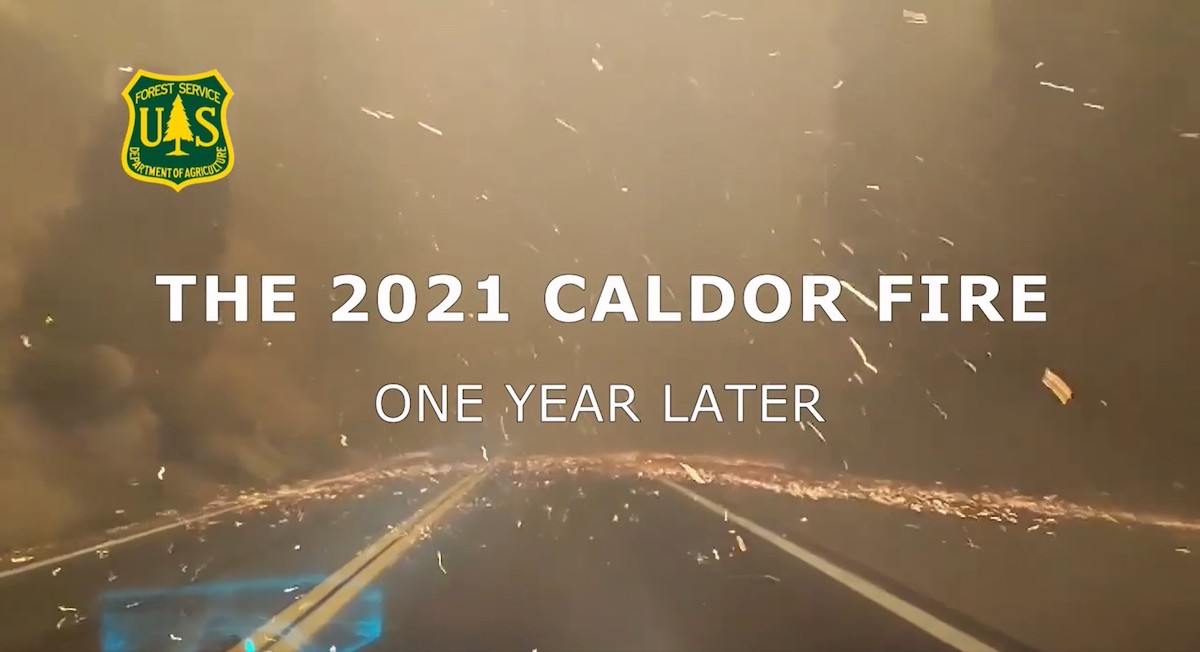
The 2021 Caldor Fire: One Year Later Video Series
October 21, 2022, marks exactly one year since the Caldor Fire was completely contained.
Over the last year and with months of research and collaboration, the Eldorado National Forest released a four-part series examining the Caldor Fire. This series reviews the suppression efforts that took place, the fire behavior challenging firefighters, the road to rehabilitation and restoration, and what is being done now to lower the future risk of fire to communities.
RESOURCES
Episode 1: Initial response and experiences of firefighters who not only worked but also lived in the area
Episode 2: How fire behavior and fuel conditions made for a challenging fire fight
Episode 3: What restoration and rehabilitation work has occurred and its importance
Episode 4: What is being done to reduce extreme wildfire behavior
Eastern Sierra Recreation Update
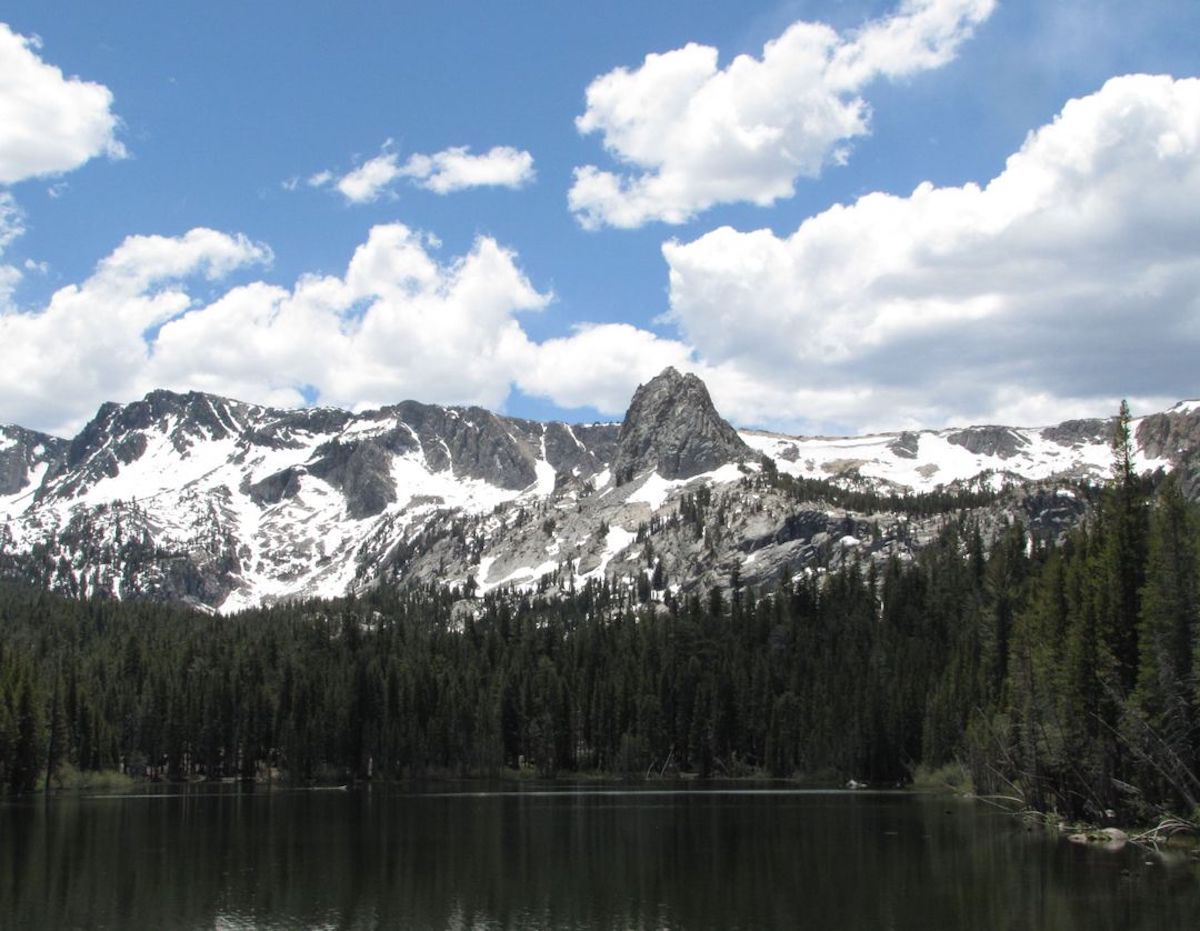
Eastern Sierra Climate Communities Resilience Project aims to reduce wildfire danger and improve forest health and resilience around the Town of Mammoth Lakes
Good things are happening in the Eastern Sierra thanks to collaborative efforts between state, federal, and local partners. These efforts will not only help build resiliency of Mammoth Lakes and the forests, but sustain the recreation economy that Mammoth provides in the Eastern Sierra.
Mammoth Lakes “Donut” Project: The Eastern Sierra Climate and Communities Resilience Project, known locally as the “Mammoth Donut,” is wrapping up its two-year preplanning phase and implementation will soon begin under this multi-year wildfire and forest resiliency project. Spanning 56,000 acres of Inyo National Forest across six different watersheds and managed by the Whitebark Institute, the planning for this landscape-scale project included input from a wide range of partners and was enabled by funding from the Sierra Nevada Conservancy, and the Regional Fire and Forest Capacity Program. The Inyo National Forest is now inviting public input on this project.
Mammoth Lakes Basin Trails Ribbon Cutting: On October 5th, Inyo National Forest and the Town of Mammoth Lakes officially opened several new trails in the Mammoth Lakes Basin. These new trails are a result of the community engagement effort from the Lakes Basin Special Study, an effort that began in 2012 led by the Mammoth Lakes Trails and Public Access Foundation (MLTPA), MLTPA, with grant funding from SNC.
RESOURCES
MLTPA: Lakes Basin Special Study
Mammoth Lakes Trail System: RibbonCutting Celebration for New LakesBasin Trails
SNC’s Mammoth Lakes Donut Project
LiDAR Data Collection for Northern California and Sierra Nevada
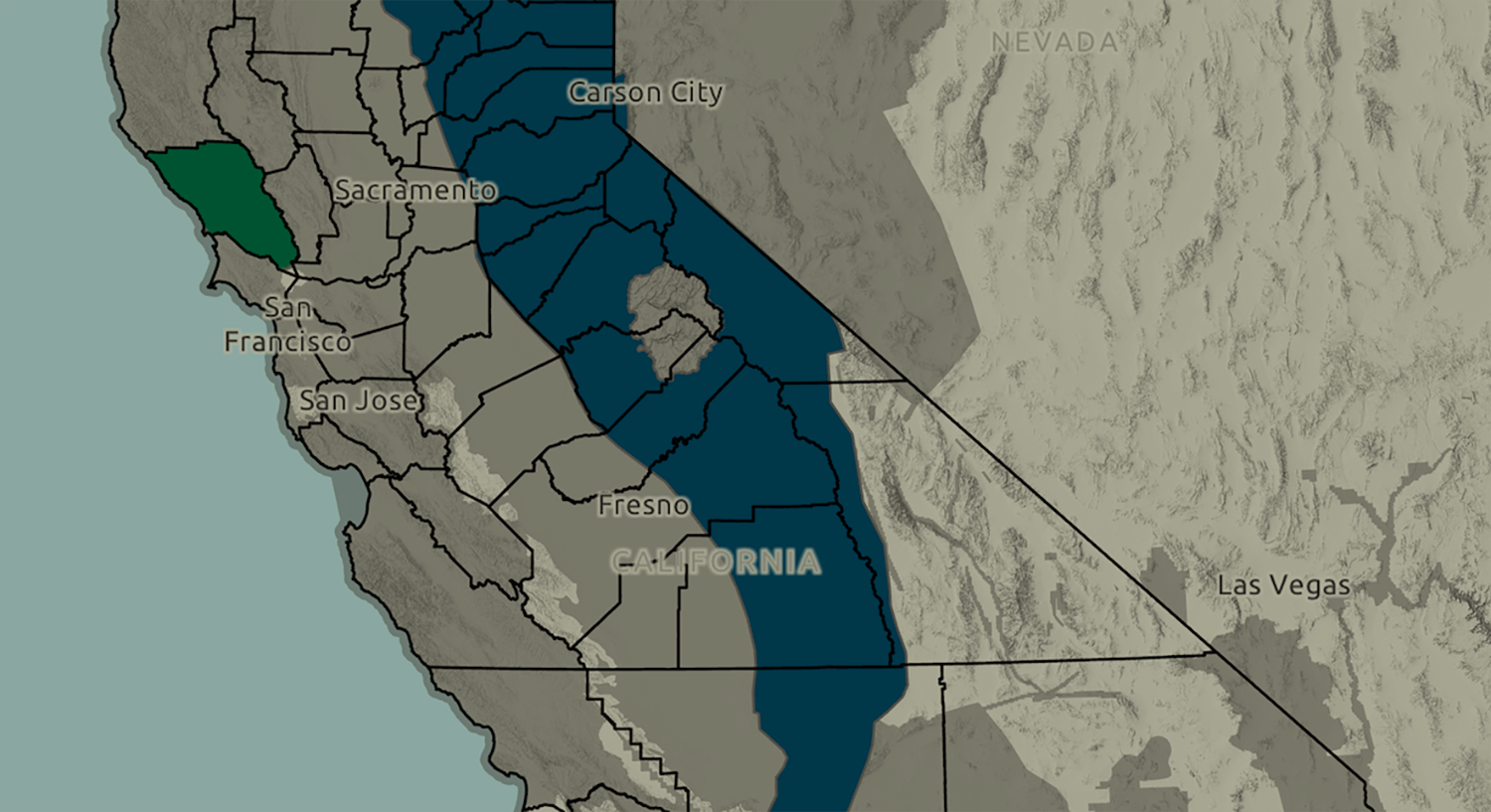
LiDAR Data Collection for Northern California and Sierra Nevada
The California Natural Resources Agency (CNRA), in partnership with the US Geologic Survey’s 3DEP Program and other entities, have now collected nearly 31.5 million acres of LiDAR (Light Detection and Ranging) covering large swaths of Northern California and the Sierra Nevada. These data fill substantial gaps in LiDAR coverage to improve the state’s ability to manage natural resources and protect public safety, directly enhancing our knowledge of forests and landforms in some of the most rugged and fire prone portions of the state. The $3.9M investment by CNRA is a portion of the funding for LiDAR and other remote sensing data that has been made available from funding allocated by the California Legislature (Budget Bill 21/21) .
